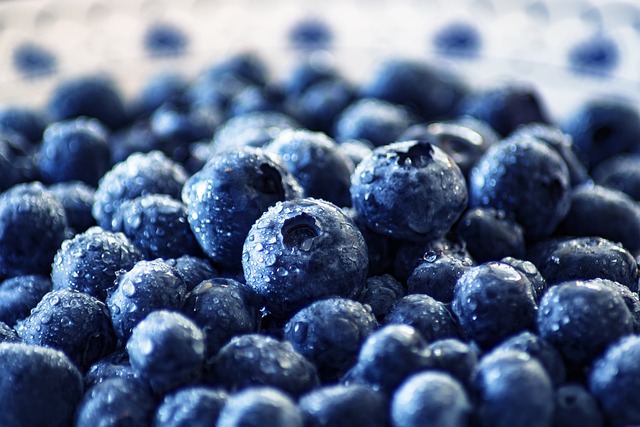Unlocking the Probiotic Secrets: How Good Bacteria Can Transform Your Gut
The human gut is home to trillions of bacteria, both good and bad. While the thought of bacteria might sound unpleasant, not all bacteria are harmful to our health. In fact, there are a group of bacteria called probiotics that offer tremendous benefits to our digestive system.
What are Probiotics?
Probiotics are live microorganisms that, when consumed in adequate amounts, provide health benefits to the host. These beneficial bacteria can be found naturally in certain foods or can be taken as supplements. They primarily reside in our digestive tract and help maintain a healthy balance of gut bacteria.
The Role of Probiotics in Gut Health
The human gut is a complex ecosystem consisting of various types of bacteria. When this delicate balance is disrupted, it can lead to digestive issues, weakened immunity, and other health problems. Probiotics play a crucial role in promoting gut health in the following ways:
- Restoring and maintaining the balance: Probiotics help restore the natural balance of good and bad bacteria in the gut, ensuring optimal functioning of the digestive system.
- Enhancing nutrient absorption: Certain probiotic strains aid in the breakdown and absorption of nutrients, making them more readily available for the body to utilize.
- Strengthening the gut barrier: Probiotics support the integrity of the gut lining, preventing harmful substances from entering the bloodstream and triggering inflammation.
- Regulating bowel movements: By promoting healthy digestion, probiotics can help regulate bowel movements and alleviate conditions like constipation or diarrhea.
- Boosting immunity: Approximately 70% of our immune system resides in the gut. Probiotics influence the immune response, helping to protect against infections and autoimmune disorders.
Sources of Probiotics
Probiotics can be obtained from various food sources, offering a natural and tasty way to support gut health. Some common sources include:
- Yogurt: Look for yogurt labeled with “live and active cultures.” These cultures contain beneficial bacteria like Lactobacillus and Bifidobacterium.
- Kefir: A fermented milk drink, similar to yogurt, that contains a variety of probiotic strains.
- Sauerkraut: Fermented cabbage that delivers a healthy dose of probiotics.
- Kombucha: A tangy, fermented tea that contains live cultures and yeasts.
- Miso: A traditional Japanese seasoning made from fermented soybeans, barley, or rice. It is commonly used in soups and adds probiotics to your diet.
- Kimchi: A spicy Korean side dish made from fermented vegetables like cabbage and radishes.
In addition to food sources, probiotic supplements are also available. These supplements provide concentrated doses of specific probiotic strains and can be helpful in certain situations, such as recovering from antibiotic use or managing digestive disorders.
Choosing the Right Probiotic
Not all probiotics are created equal, as different strains have varying effects on the body. When choosing a probiotic supplement, consider the following factors:
- Strain specificity: Look for supplements that contain well-studied strains known for their beneficial effects on gut health.
- Colony Forming Units (CFUs): CFUs represent the number of viable bacteria in each serving. Higher CFU counts are not necessarily better; it’s essential to select a dose appropriate for your needs.
- Additional ingredients: Read the label to ensure the supplement does not contain unnecessary additives or allergens that could potentially cause adverse reactions.
- Reputation and quality: Choose a reputable brand that follows good manufacturing practices and performs third-party testing for quality and purity.







